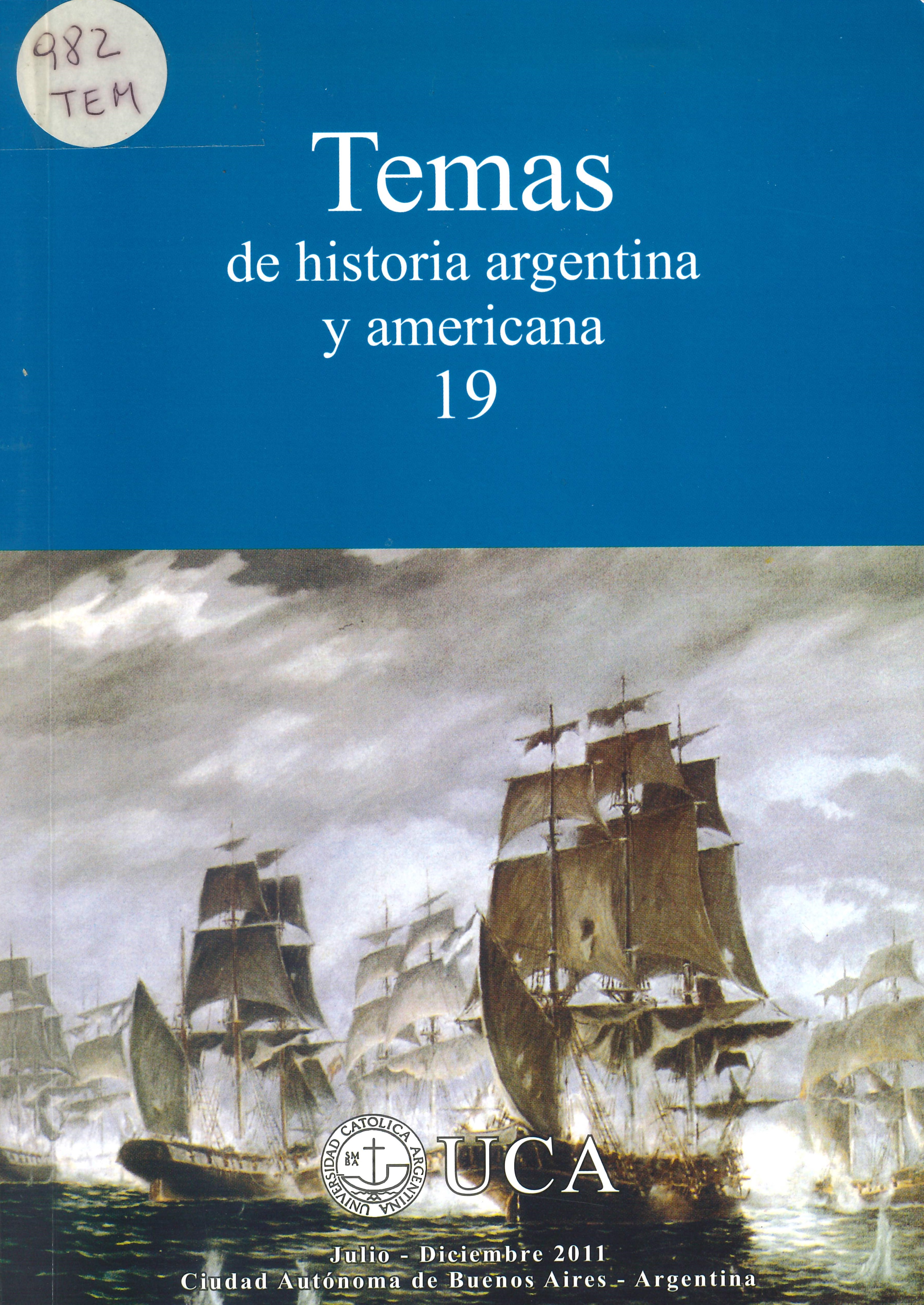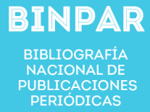José Penna y Salvador Mazza en tiempos del cólera. Salud, inmigración y legitimidad política en la Argentina de 1910
Keywords:
Cholera epidemic on the Araguaya, Cólera morbus in Argentina, Departamento Nacional de Higiene, Healthy carriers of cholera, José Penna, Lazaretto of Angra dos Reis, Lazaretto of Martín GarcíaAbstract
This article examines the theories about the origin, contagion, and prevention of cholera in the nineteenth century; the policies instituted by Argentinean authorities and medical doctors to dominate these epidemics; and the anti-cholera campaign of 1910. Until then, prevention of cholera relied on the surveillance, disinfection, and isolation of infected homes, objects, and people. But 1910, however, the discovery of the transmission of cholera by healthy carriers led the Departamento Nacional de Higiene (DNH) to impose a new system of mandatory bacteriological analysis. The article looks in particular at the ideas and activities of José Penna, the head of the DNH and of Salvador Mazza, a recently graduated physician who was in charge of the bacteriological laboratory at the lazaretto of Martín García. All thirdclass passengers arriving from infected ports were subjected to bacteriological analysis at this station. The DNH presented the anti-cholera campaign of 1910 as the result of the experience gathered during the nineteenth century, Argentina’s scientific and administrative progress, and the authorities’ commitment to protect the nation. At a time when the Argentinean elite was struggling to retain its dominion by repressing and co-opting the opposition, public health issues became a key part of their political rhetoric.
Downloads
Downloads
Published
How to Cite
Issue
Section
License
Copyright (c) 2011 Ana María Kepelusz Poppi

This work is licensed under a Creative Commons Attribution-NonCommercial-ShareAlike 4.0 International License.























